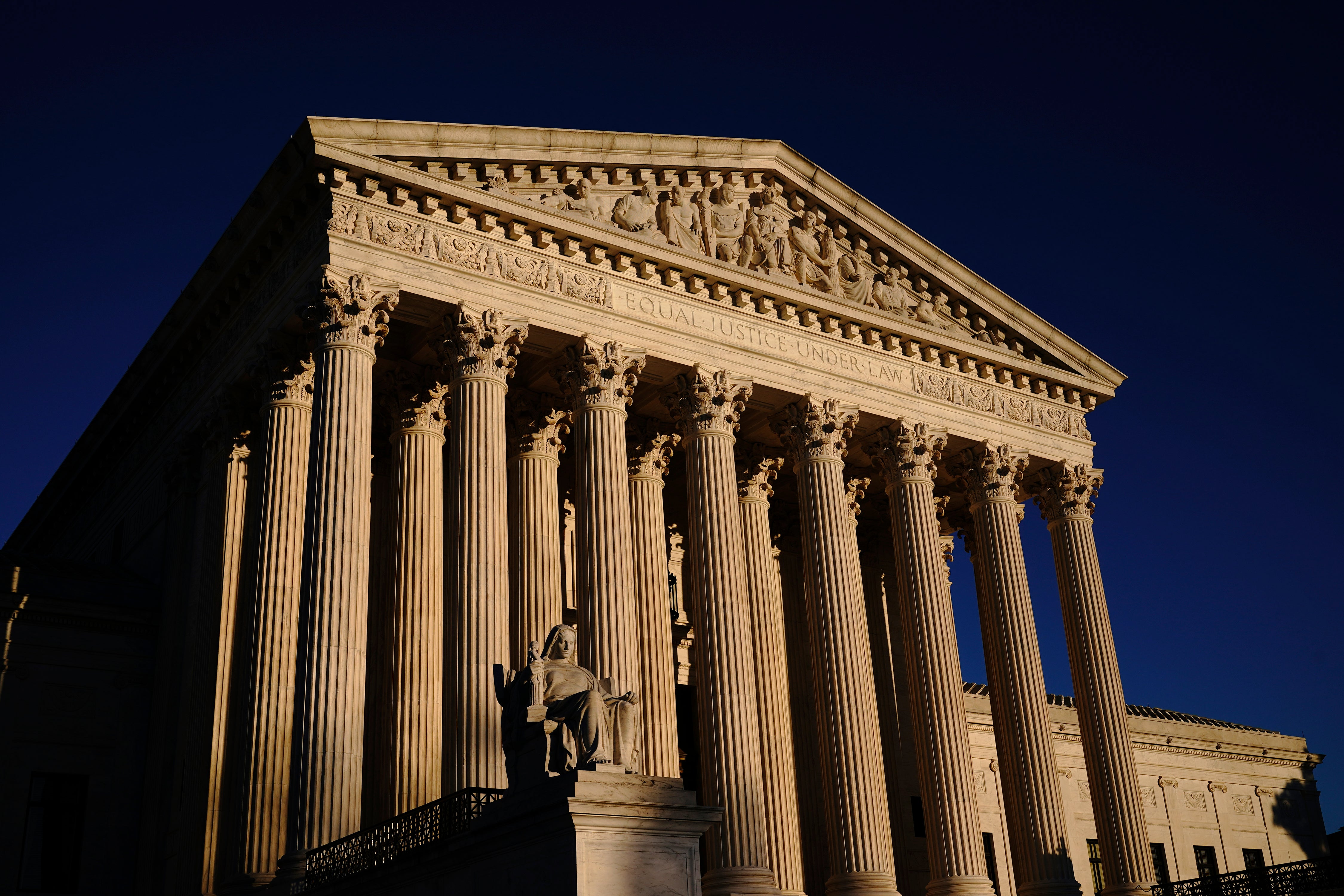Top court sides with Google in copyright dispute with Oracle
The Supreme Court is siding with Google in an $8 billion copyright dispute with Oracle

Your support helps us to tell the story
From reproductive rights to climate change to Big Tech, The Independent is on the ground when the story is developing. Whether it's investigating the financials of Elon Musk's pro-Trump PAC or producing our latest documentary, 'The A Word', which shines a light on the American women fighting for reproductive rights, we know how important it is to parse out the facts from the messaging.
At such a critical moment in US history, we need reporters on the ground. Your donation allows us to keep sending journalists to speak to both sides of the story.
The Independent is trusted by Americans across the entire political spectrum. And unlike many other quality news outlets, we choose not to lock Americans out of our reporting and analysis with paywalls. We believe quality journalism should be available to everyone, paid for by those who can afford it.
Your support makes all the difference.The Supreme Court is siding with Google in an $8 billion-plus copyright dispute with Oracle
The justices sided with Google 6-2 on Monday.
The case has to do with Google’s creation of the Android operating system now used on the vast majority of smartphones worldwide. To create Android, which was released in 2007, Google wrote millions of lines of new computer code. But it also used 11,330 lines of code and an organization that’s part of Oracle’s Java platform.
Google says what it did is long-settled, common practice in the industry, a practice that has been good for technical progress. And it says there is no copyright protection for the purely functional, noncreative computer code it used, something that couldn’t be written another way. But Oracle says Google “committed an egregious act of plagiarism,” and it sued.
“In reviewing that decision, we assume, for argument’s sake, that the material was copyrightable. But we hold that the copying here at issue nonetheless constituted a fair use. Hence, Google’s copying did not violate the copyright law,” Justice Stephen Breyer wrote.
The case has been going on for a decade.
Only eight justices heard the case because it was argued in October, after the death of Justice Ruth Bader Ginsburg but before Justice Amy Coney Barrett joined the court.